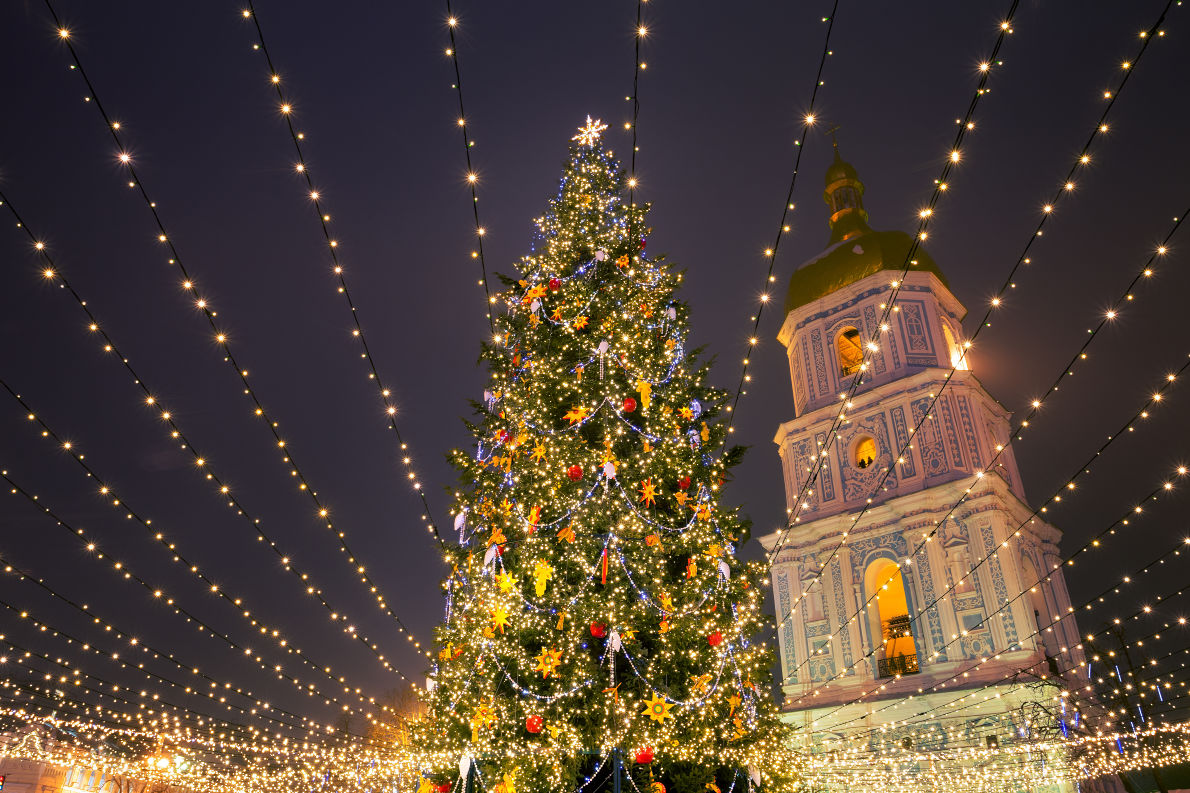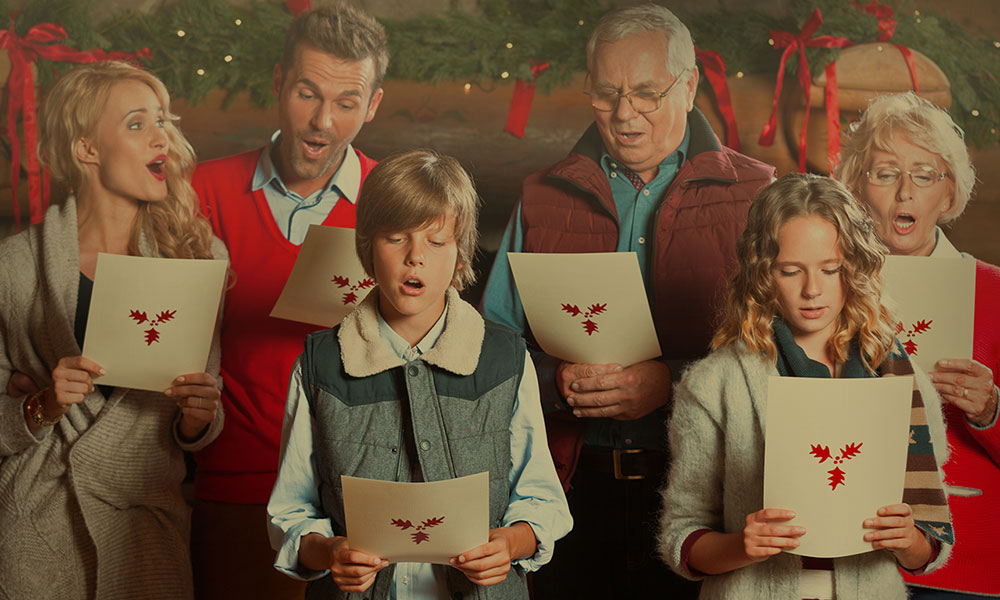Written by Titus, Contributing Writer, Classical Wisdom
Christmas is generally considered a Christian celebration, so it may surprise you that many of its traditions have roots in ancient civilizations.
Perhaps the most similar thing to Christmas in the ancient world was the celebration of the birth of Dionysus, which took place on the 30th of December in Greece. While carols are sung today for Christmas, they were also sung for the birth of Dionysus.
One of the greatest writers of antiquity, Homer, also composed carols for the occasion, illustrating the importance of the event in ancient Greek tradition. Sung in the homes of wealthy Greeks, the carols were associated with prosperity, joy, and peace.
The history of the Christmas tree dates back to medieval Germany. At the time, Germany was still largely pagan and St. Boniface was a missionary there. Pagan religions had a vast reverence for trees. There was a large tree in central Germany which was so highly revered it was thought the world would end if it was cut down.
St. Boniface cut down the tree to discredit the pagan belief and help spread Christianity in the region. From that time on, trees were associated with Christianity in Germany, leading to the Christmas tree tradition we see today.
Another important part of Christmas — Santa Claus — is also borrowed from ancient Greek tradition. The Greeks had their own Santa who rode on a chariot that turned into a sleigh while its horses would turn into flying horses. In modern Christmas traditions, Santa travels the world on a sleigh that is pulled by flying reindeers.
Christianity owes its rapid spread partly thanks to the Roman Empire. The ancient superpower made it a state religion and helped it grow exponentially. For this reason, celebrations such as Christmas incorporated many ancient Roman traditions. Saturnalia is one example.
This Roman festival in honor of the god Saturn was held from the middle to late December. It is possible that the 25th of December was chosen to mark Jesus’ birth to correspond with this popular ancient pagan festival.
Christmas has been around in one form or another throughout the ages. Even pagan Greece and Rome had their versions of Christmas. Modern Christmas is not an entirely new set of traditions — many of them are borrowed from antiquity. Like any great tradition, it has evolved through time.













One comment
What is known about Dionysian carols? Do we have any lyrics? Hints of melody? Anything?
Our apologies, you must be logged in to post a comment.